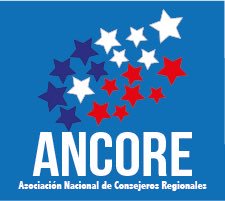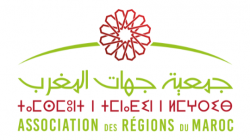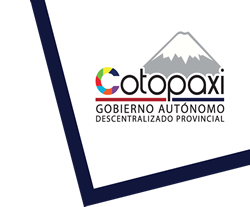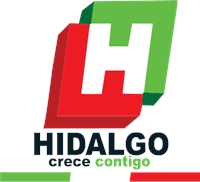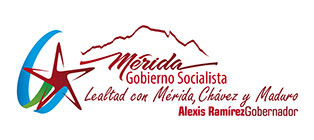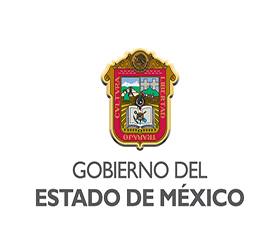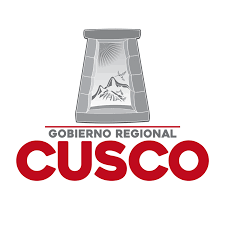The foundations were set for the 6th World Forum on Local Economic Development in Seville.
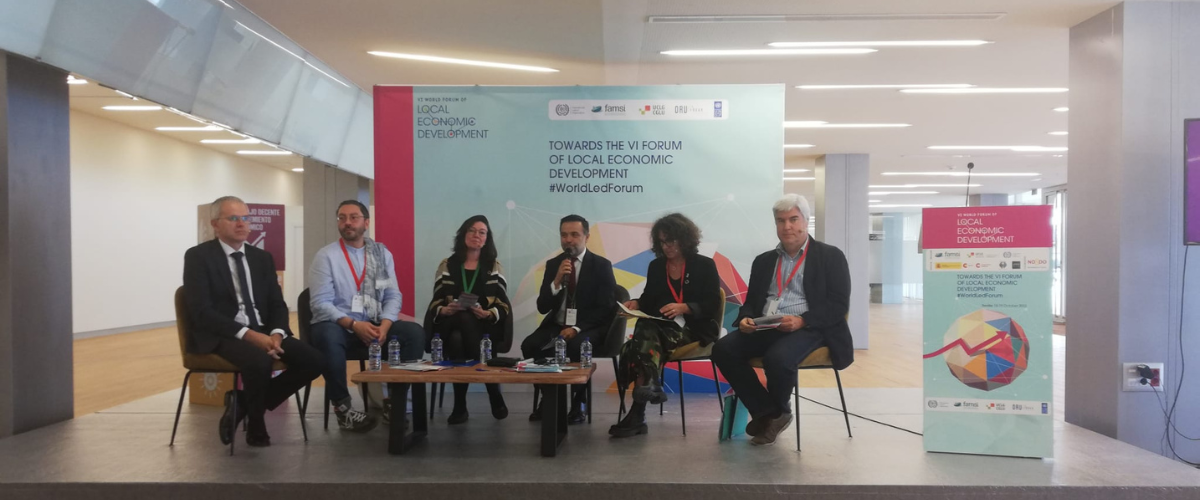
From 17 to 18 October, the Andalusian Fund of Municipalities for International Solidarity, FAMSI, organised the event "Alliances for just, inclusive and sustainable transition". The two days were aimed at preparing for the 6th Local Economic Development (LED) Forum, during which the five organisations that initiated this adventure in 2010, two United Nations agencies (ILO and UNDP), the local government network UCLG and the regional government network ORU Fogar, together with FAMSI, reiterated their commitment to the Forum.
The first day of the event brought together various actors to discuss the just transition referred to in the title. Following its inauguration, in the presence of the Seville City Council and Provincial Council and Pierre Martinot Lagarde, ILO representative, Johan Stierna, Senior Scientist at the European Commission's Research Centre, delivered a speech in which he identified good practices that contribute positively to the transition. In his speech, he noted that, according to figures made public by the UN, only 12% of the SDGs are being met and, as such, the results achieved by each of the Goals are very limited.
This first day, at regional level, reflected a Basque colour. Nicolás Sagarzazu, Director of Planning and Organisation of the Basque Government, presented his government's plans in relation to Vocational Training and pointed out that it was "a key element required to adapt to the future". "We must prepare people," he said, "for a very changing environment. However, it is not just about providing digital skills. We need people with creative and humanistic backgrounds". Although he claimed that thousands of jobs would be destroyed, he said he was equally sure that many thousands more would be created.
Paul Ortega, from the Basque Agency for Development Cooperation eLankidetza, revealed that decentralised cooperation aid from 11 European countries has been growing steadily since 2005. In 2021, it amounted to 3,072 million dollars. ORU Fogar's Secretary General, Carles Llorens, also took part during a session dedicated to territories, and alluded to the European Regions Competitiveness Index 2022 to highlight the "immense" gap that exists between the capital regions and the rest. "Here - he said - we have talked about digital, social and gender gaps, but the biggest one is the territorial gap, given that in many European countries there are more than 50 points difference in competitiveness between capital regions and the rest of the regions".
The second day of this event was dedicated to SDG 8 "Decent work and economic growth" and focused on international cooperation and its necessary multilevel coordination. While the first day revealed that only 12% of the SDGs are being achieved, on the second day, several partners pointed out the complexity of achieving SDG 8. Specifically, the trade union present at the event, the General Union of Workers UGT of Andalusia and Catalonia, identified precariousness as one of the main problems.
On this second day, a particularly significant appeal was made by Carlos Freitas, secretary general of the global fund FMDV, for local and regional governments to improve their financial culture. According to Freitas, it is only with this knowledge that local and regional governments could and should have access to green funds.
Finally, among the event's conclusions, it was noted that there is "a commitment on the part of all the actors involved in the VI process towards the World LED Forum to denounce the territorial gaps between the capital regions and the rest of the regions in almost all countries".


